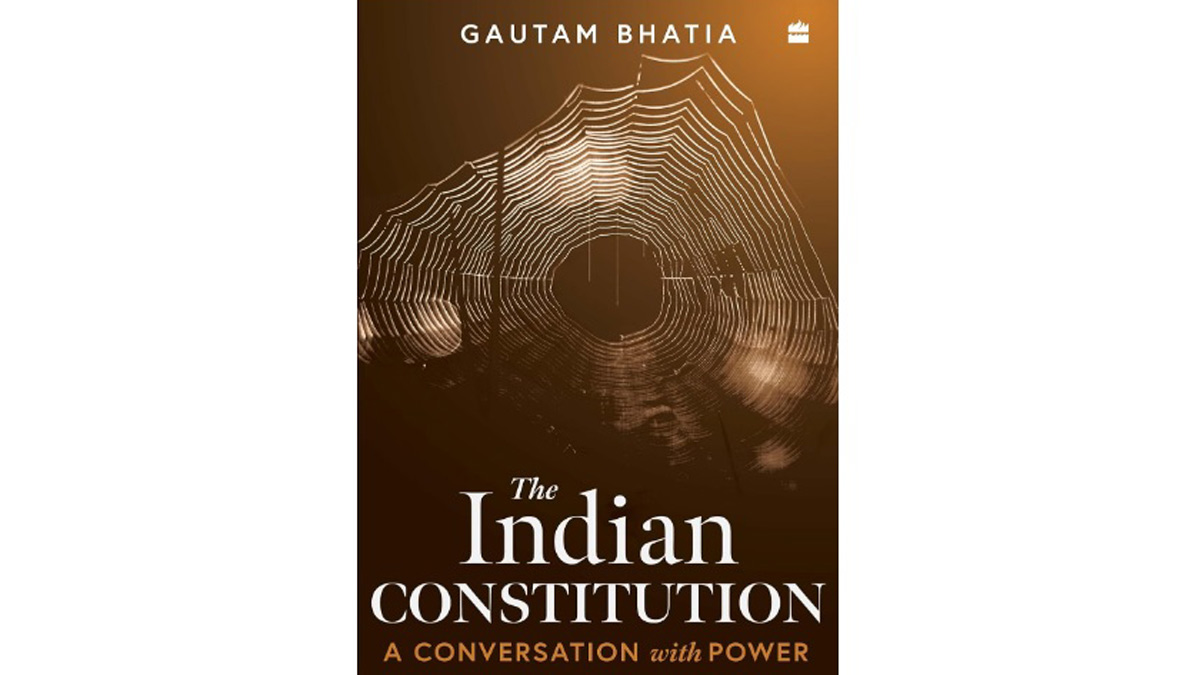'The Indian Constitution: Conversations with Power' review: A bold critique of power and democracy
 Supreme Court advocate Gautam Bhatia’s book 'The Indian Constitution: Conversations with Power' delves into the Indian Constitution through the lens of power, specifically, how power is exercised within India’s federal framework.
Supreme Court advocate Gautam Bhatia’s book 'The Indian Constitution: Conversations with Power' delves into the Indian Constitution through the lens of power, specifically, how power is exercised within India’s federal framework.
Bhatia, in his 345-page book, has analysed and traced landmark legal cases where the executive’s authority to interpret or act was contested and also examined the constitutional text itself to uncover how it defines, distributes, and constrains state power.
The book beautifully gives a global dimension when he compares the Indian constitution to the constitutions of other nations.
Bhatia, who is a constitutional lawyer, has analysed the constitution as a cohesive power map and examined how institutions like the Election Commission, state governors, and legislative speakers operate within constitutional silences which enables executive overreach.
“In the Indian constitution, the baseline is one of absence. If we do wish to constitutionlise public participation both as a right and a norm, perhaps the first task is to recover the submerged histories of popular constitution making-pace De and Shani- and to chip away at encrusted constitutional common sense, in order to break open a space for another alternative reading of the constitution: one that brings the people back into the constitution,” Bhatia has penned down while summing up the chapter on power unbound.
The book has explained in detail how power has been conceptualised, distributed, and exercised within the constitutional framework.
“Constitutional history, constitutional text and design, and constitutional common sense all come together to make one set of interpretive choices seem more plausible than others, at a given time. And that has been the story of the Indian Constitution and its centralizing drift over the last seventy-five years,” Bhatia wrote.
The book has, in detail, analysed judicial rulings that have reshaped Indian federalism and bolstered executive authority, including the Kesavananda Bharati case, interpretations of Article 356, and the 2019 revocation of Article 370. Bhatia goes beyond summarising these decisions, critically evaluating the courts’ reasoning and their wider impact on federalism, civil liberties, and institutional independence.
Gautam Bhatia’s book's primary value is its capacity to spark critical reflection on Indian democracy, the state’s role, and the ongoing conflict between constitutional principles and political realities.
Bhatia’s legal expertise with philosophical inquiry, makes it essential book reading for anyone seeking to understand India’s democratic evolution.
Books Review